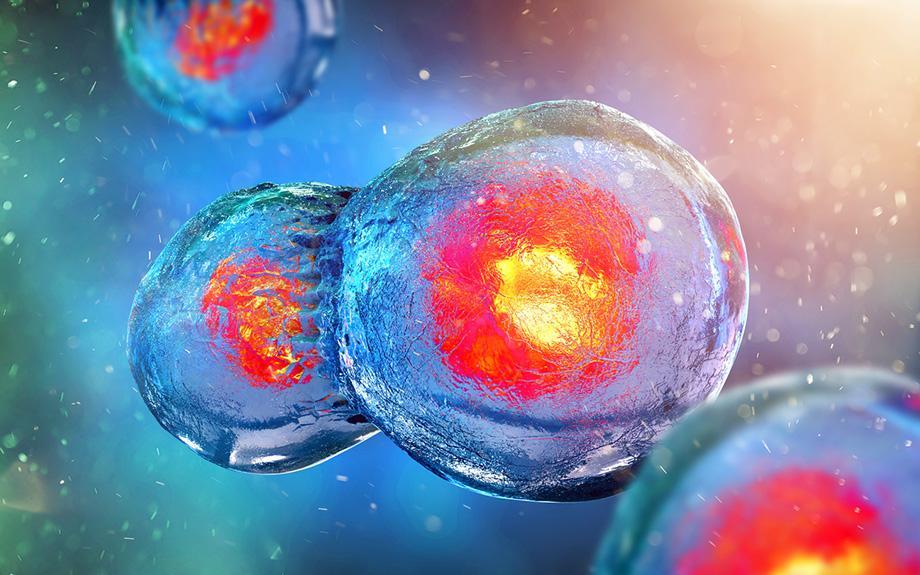
Using a method it developed internally, a research team from the University of Zurich (UZH) has discovered that some cells make decisions far more autonomously than previously thought. The method has allowed the researchers to “simultaneously visualize and quantify up to 80 different proteins and protein modifications in single cells using fluorescence microscopy”, comments Bernhard Kramer, first author of the study and PhD student, in the press release.
The researchers focused on a cell’s key decision: To divide or not to divide? They found that this decision is dependent on something known as multisensory perception, which means the cell analyzes information perceived by several sensors. The researchers discovered that “the cell’s choice was mediated by the perception of multiple sensors and was predictably modulated by cues of the cell’s internal state”, UZH writes in the press release.
This may, for example, be of relevance when considering treatment-resistant cells that do not respond to anti-proliferative drugs. “Such resistance to drugs is a major problem in the fight against cancer”, comments Lucas Pelkmans, professor at the Department of Molecular Life Sciences at UZH, in the press release. “The solution may come from taking into account the contextual cues that individual cells experience and ultimately altering them”, he concludes.
According to Bernhard Kramer, all external and internal cues must be considered as a whole: “Single cells are thus able to make adequate context-dependent decisions - and are therefore clearly smarter than previously thought”, he deduces.
Related news
Meet with an expansion expert
Our services are free of charge and include:
- Introduction to key contacts in industry, academia, and government
- Advice on regulatory framework, taxes, labor, market, and setting up a company
- Custom-made fact-finding visits, including office and co-working space